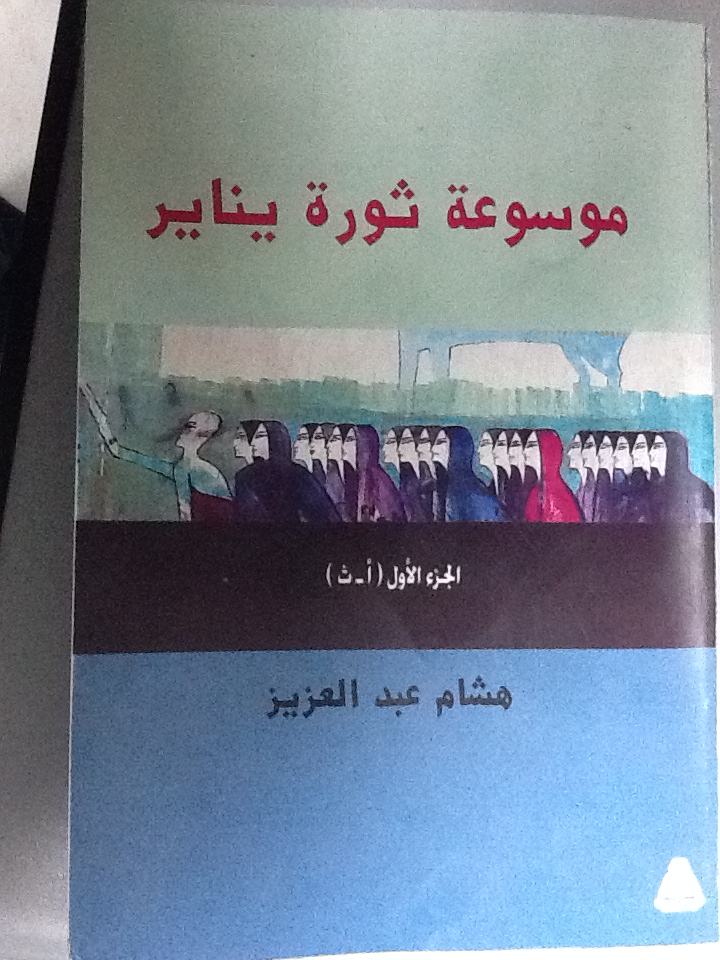On the second day of Eid Al-Fitr, Egypt’s national theatre witnessed the opening of the second season of the lyrical play “Leila Men Alf Leila”. The play attracted the attention of thousands of theatre fans, and achieved the highest revenues in the history of the national theatre since its establishment in 1873 during the reign of Khedive Ismail.
The play takes the audience on a journey back in time to tell the story of a beggar whose wife was kidnapped and killed by an evil man. After stealing the jewelry of one of the traders in the market, the beggar was sent to the vizier to have his hand cut as a punishment for his crime. The vizier asks him to kill Al-Khalifah to release him. At the same time, Al-Khalifah meets the beggar’s daughter in the garden and falls in love with her.
Beram El Tonsy’s slang poetry was the main pillar of the play. Although the plot of the story is simple, it manages to blend drama and comedy, as well as singing and dancing. The easy words of El Tonsy’s poems make it much easier to turn the ordinary dialogue between the main characters into interesting songs with a stable rhythm. Also, the costumes and decorations managed to take the audience to the Abbasi era, and show the differences and contradictions between the different characters and the great changes they encounter.
Most artists tend to present comedy plays as the winning horse of any artistic competition, including Ashraf Abdel Baqy and his theatrical troop “Masrah Masr”, Mohammed Ramadan, Talaat Zakareya, and others. However, “Leila Men Alf Leila” proves that audiences are still attracted to lyrical theatre that tackles social issues from everyday life.
Prominent actor Yahia El Fakharany acts out the character of Shehata, the beggar who pretends to be blind to gain people’s sympathy and collect more money. The play also witnessed the rebirth of young singer Mohammed Mohsen, who has been known for representing the masterpieces of Egyptian musicians Sayyed Darwish and Mohamed Abdel Wahab. In the play, Mohsen plays the role of Al-Khalifa, who uses his powers to impose justice and equality between all the residents of his country. In addition to singing, the play sheds light on Mohsen’s remarkable acting talent.
Similarly, the play was also a great chance for Heba Magdy, the young actress who usually plays the role of the innocent girl in many TV series, to introduce herself as a professional singer. With her outstanding performance as a simple girl named Nagaf, she managed to dominate the stage with her graceful movements and remarkable aura. She participated in most of the dances on stage.
The surprise of the play came from Waleed Fawaz. Although he joined the second season to replace Diaa Abdel Khalek, he managed to personify evil in its worst shape. Fawaz played various roles in drama and cinema before. However, his singsong voice and heavy movements on stage captured the attention of the audience and kept them waiting for him in every scene.
Although the play was presented many times before, the last time it was on-stage was 1994. The modern treatment introduced by the national theatre made it more appealing to the audience. The show starts at 9:30pm every day, except Wednesday.




